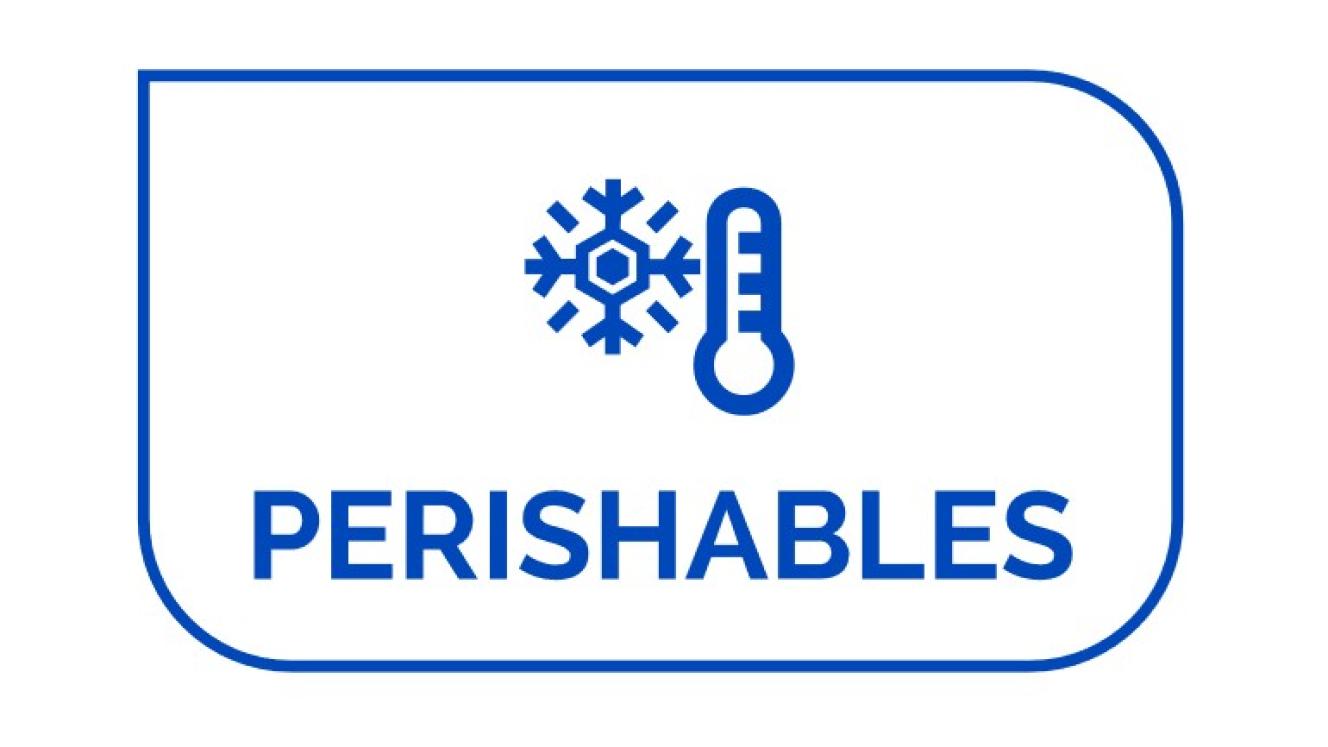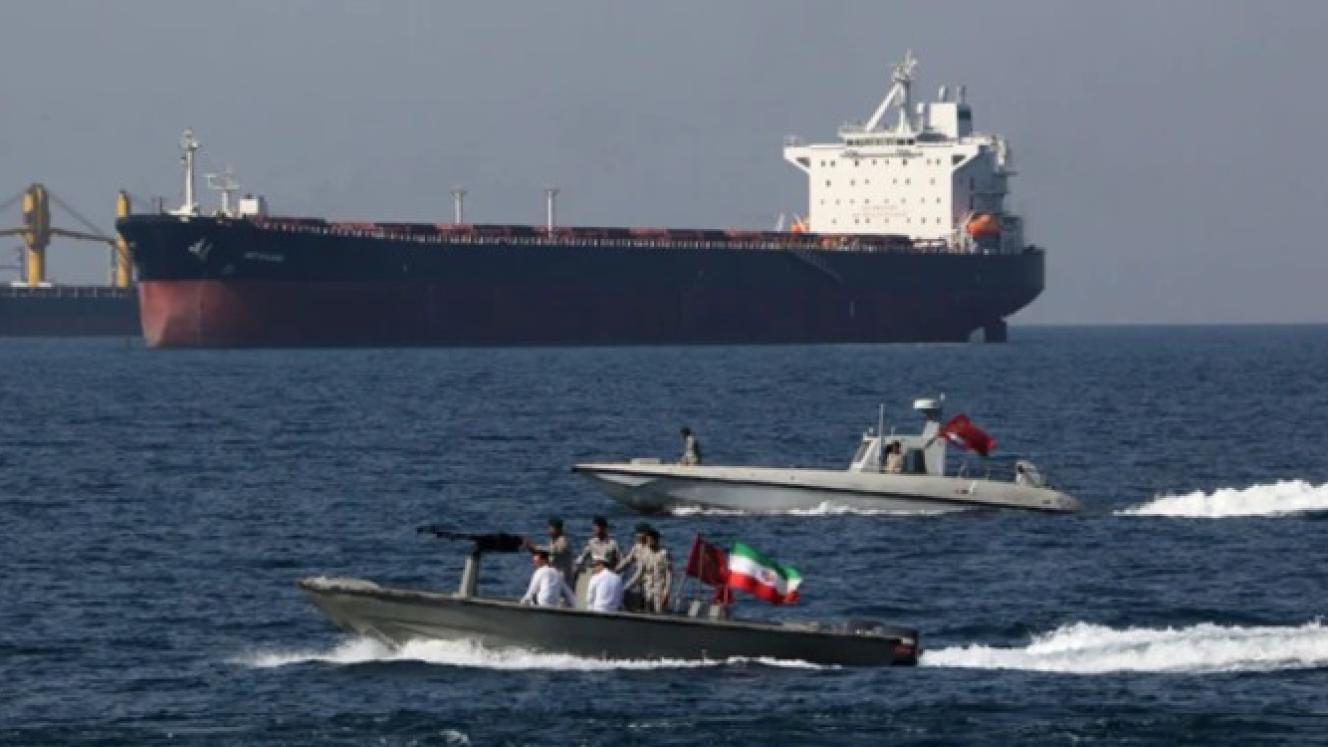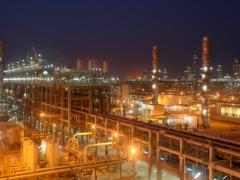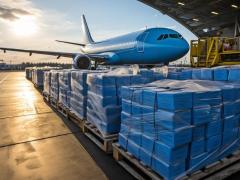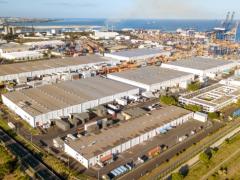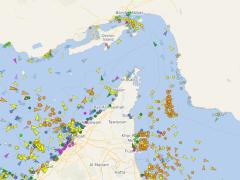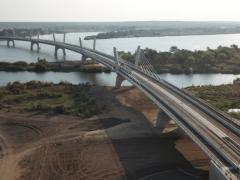Cold chain infrastructure is critical for securing Africa’s food supply, Agriculture Minister John Steenhuisen has said while speaking at the Global Cold Chain Alliance Africa Conference recently.
Addressing the industry event virtually, Steenhuisen highlighted how advanced logistics could curb post-harvest losses and boost economic growth amid rapid population growth.
“Africa’s population is growing faster than anywhere else in the world,” Steenhuisen said, noting that South Africa’s population had risen from 55 million in 2015 to 63.1 million in 2025, per Stats SA.
He warned that, by 2050, Africa’s population would surpass two billion.
“The question of food security is no longer optional. It is central. And the cold chain is at the heart of answering it.”
A 2024 study in Agriculture & Food Security found that sub-Saharan Africa loses up to 40% of perishable crops like fruits and vegetables due to inadequate storage and handling.
“Behind that statistic are real human stories: the smallholder farmer in Limpopo who grows tomatoes but cannot get them to Johannesburg before they spoil,” Steenhuisen said.
He said these losses equated to “billions in wasted food and lost economic potential” and that efficient ports were key to addressing these challenges.
“Our ports are not just concrete and cranes. They are gateways to global markets,” he said, citing congestion at Cape Town and Durban ports as a barrier to timely exports.
Steenhuisen pledged to advocate for reforms, collaborating with Transnet and private operators to modernise facilities and reduce bottlenecks.
Rural access to cold chains is equally vital.
“A revolution in cold chain must reach into rural Africa,” he said, stressing that partnerships between government, agribusiness, and logistics firms could transform rural economies by creating jobs and market access.
“This is not charity. This is smart economics.”
Energy reliability poses a hurdle, with high costs and unstable supply. Steenhuisen said his department was working with the Department of Electricity and Energy to promote solar-powered cold rooms and energy-efficient systems.
“We cannot build a cold chain on shaky foundations.”
He said food security must be at the centre of global cooperation and that, while the African Continental Free Trade Area offered trade opportunities “without reliable cold chain systems, that potential will remain untapped”.
Steenhuisen said technology was a game-changer for the sector.
“Artificial intelligence can forecast demand, optimise logistics and reduce spoilage,” he said, while blockchain ensured traceability “from the farm to the fork”.
“We need public-private partnerships, incubators and training programmes that democratise innovation.”
Steenhuisen noted progress on the continent, highlighting a case in Nigeria where ColdHubs’ solar-powered cold rooms had cut post-harvest losses by as much as 80%, and farmers had increased their incomes by up to 25%. In South Africa’s Western Cape, coordinated logistics with industry groups and Transnet had streamlined fruit exports.
In addition, he said a Stellenbosch University study had highlighted that “even small temperature protocol deviations … can accelerate fruit deterioration”. Since 2018, blockchain pilots for table grapes have enhanced transparency.
“Today, the challenge is not whether the technology works – we know it does. The challenge is how we scale it, how we make sure that blockchain is not just a pilot for a few exporters, but a tool that can be applied across multiple value chains, from citrus to livestock, ensuring that every South African producer can compete in markets where traceability and proof of origin are non-negotiable.
“The cold chain is not a side issue. It is the artery through which Africa’s food system flows. Without it, farmers lose, consumers suffer, and economies falter. With it, we can feed more people, create more jobs, and compete more confidently on the world stage. But none of us can do this alone. Government cannot deliver cold chains without the private sector. Industry cannot thrive without enabling policy. Farmers cannot succeed without infrastructure,” Steenhuisen said.
